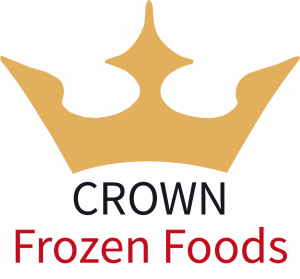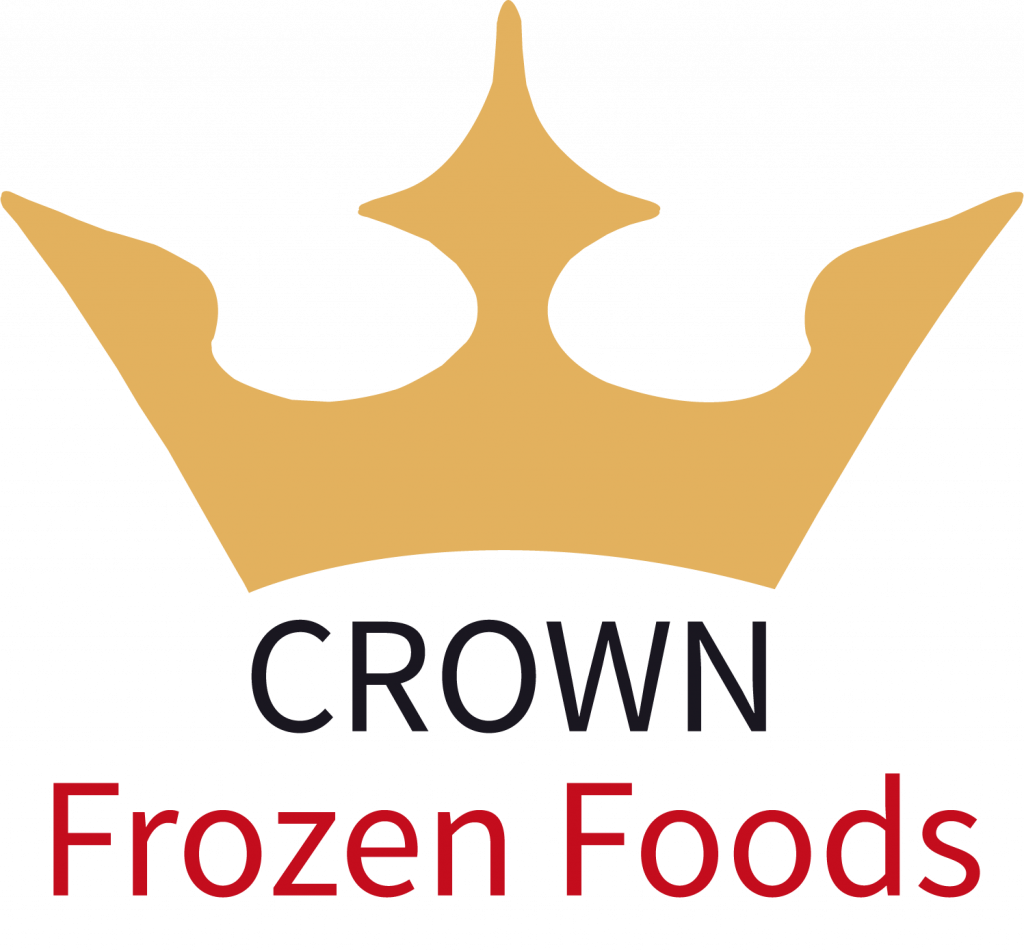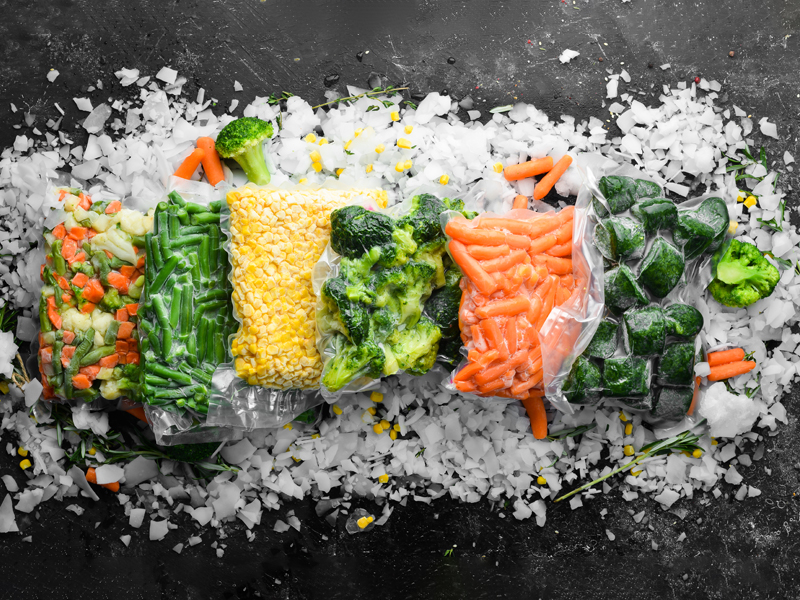In the realm of convenience and nutrition, frozen vegetables are a staple in many household freezers. Often faced with the question of their healthiness, individuals seeking to maintain a nutritious diet without sacrificing convenience find themselves at the frozen aisle, pondering the choices. The question “Are frozen vegetables healthy?” is more pertinent than ever for health-conscious consumers. This blog post aims to peel back the layers and provide a well-rounded perspective on frozen vegetables and their place in a healthful diet.
Benefits of Frozen Vegetables
There are ample benefits of frozen vegetables. You might want to know if you are still lingering on this question: Are frozen Vegetables healthy?”
Retention of Nutritional Value
Surprising to some, frozen vegetables often retain their nutritional value quite well. They are typically picked at peak ripeness and flash-frozen almost immediately, which helps to lock in vitamins and minerals. Studies suggest that the freezing process can preserve nutrients such as vitamin C and an array of B vitamins for prolonged periods, making them comparable to their fresh counterparts.
Convenience and Accessibility
One of the significant benefits of frozen vegetables is their convenience. They’re already washed, chopped, and ready to cook, saving precious time for those with busy lifestyles. Furthermore, frozen vegetables are accessible year-round, providing a variety of options outside of seasonal constraints and helping individuals to diversify their diets regardless of the weather or season.
Cost-effectiveness
Economically, frozen vegetables can be a boon. The longevity afforded by freezing means less waste due to spoilage, and the price per serving is often lower than fresh vegetables, especially when out of season. This makes maintaining a diet replete with diverse veggies more manageable and affordable.
You can reduce food waste.
Frozen fruits and vegetables are a great solution when you need specific produce for a recipe but are still determining the required quantity. This is because frozen produce allows you to use only the required amount and store the rest for future use. This method is beneficial in preserving vitamins and antioxidants in the produce while simultaneously reducing food waste.
Explore: Debunking Top 12 Myths About Frozen Food: Facts & Truths
Tips for Choosing and Preparing Frozen Vegetables
Below are some tips you should remember while using Frozen Vegetables to ensure that you derive maximum benefits from them.
Reading Labels and Looking for Minimal Processing
When purchasing frozen veggies, opt for products without added salts or sauces. Look for bags with the single ingredient of the vegetable itself, ensuring that what you’re getting is as pure and unadulterated as possible.
Proper Storage and Handling
To maintain the integrity of frozen vegetables, make sure to store them correctly. Keep them in the coldest part of your freezer and try to use them within three to six months for optimal quality. Avoid thawing and refreezing, as it may lead to texture degradation and potential nutrient loss.
Cooking Methods that Preserve Nutrients
While boiling vegetables can lead to water-soluble vitamins leaching out, methods such as steaming, microwaving, or stir-frying can minimize nutrient loss and maintain flavor and texture. Incorporate herbs and spices for additional taste without the need for extra salt or heavy sauces.
Crown Frozen Foods Frozen Vegetables
Crown Foods follows a meticulous process for handling its frozen vegetables, which includes thorough washing, precise cutting and chopping, and effective packaging. The team pays close attention to every stage of the process to ensure that the final product meets high quality and safety standards.
Conclusion
Incorporating frozen vegetables into your daily meal routine can be a smart choice as it can save a considerable amount of time and energy. As per research, frozen vegetables retain their nutritional value and quality for a longer duration as compared to fresh vegetables. Moreover, they can be stored conveniently without the risk of spoilage and can be prepared easily without any additional prep work. Therefore, frozen vegetables can be a healthy and convenient option for individuals who are looking for quick and easy meal solutions.
Weighing the pros and cons, frozen vegetables certainly have a rightful place on the menu as part of a balanced diet. Their affordability, accessibility, and nutrient preservation make them a worthy contender for those striving to eat healthily. By choosing wisely and preparing them in ways that maximize their benefits, incorporating frozen vegetables can add a convenient and nutritious boost to any meal. It’s clear that for the health-conscious individual, frozen vegetables are not just a mere compromise but a viable component of a healthy diet.




